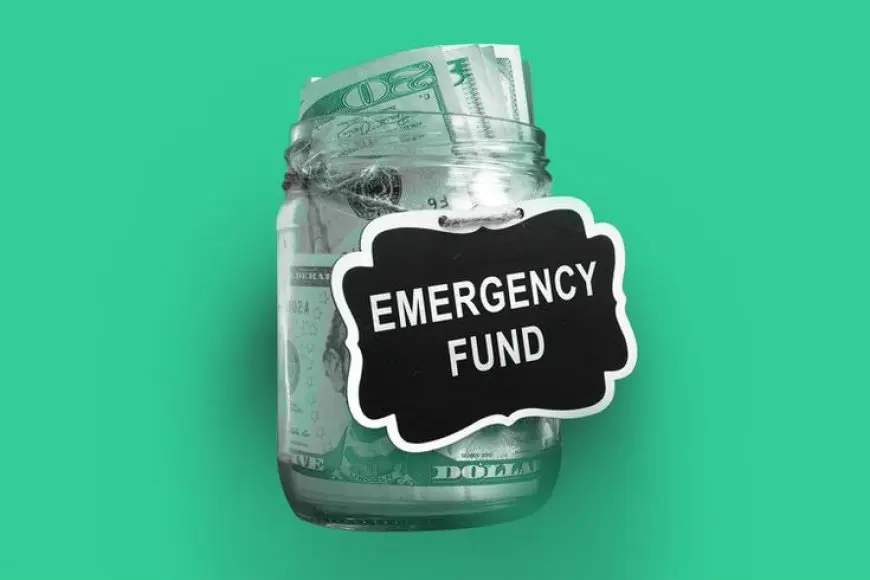Why Building an Emergency Fund is Essential
Why Building an Emergency Fund is Essential

Life is full of unexpected events, and while we can’t predict when they will happen, we can prepare for them. This is where an emergency fund becomes essential. An emergency fund is a savings cushion that can cover unexpected expenses, helping you avoid financial stress during challenging times. Whether it’s a medical emergency, job loss, or urgent home repair, having an emergency fund ensures that you’re not forced to rely on credit cards, loans, or other high-interest forms of borrowing.
Financial Security During Uncertainty
The primary reason to build an emergency fund is to provide financial security during times of uncertainty. Emergencies, by their very nature, are unpredictable, and they can happen at any time. Whether it's an unplanned medical expense, car repairs, or even a temporary job loss, without savings set aside, you may find yourself in a difficult position, scrambling to find funds to cover these costs.
Having an emergency fund helps you weather these storms without derailing your long-term financial goals. It reduces the need to borrow money or rely on credit, which can result in high-interest debt that makes it even harder to regain financial stability.
Preventing Debt Accumulation
One of the most significant benefits of having an emergency fund is that it prevents the accumulation of debt. In a crisis, many people turn to credit cards or personal loans to cover unexpected costs. While these can seem like quick solutions, borrowing money often leads to financial strain, as high-interest rates can quickly increase the total cost of borrowing.
With an emergency fund in place, you can cover unexpected costs without turning to debt. This allows you to maintain control over your finances and avoid the stress and expense of high-interest debt. By using your emergency savings for emergencies, you can keep your credit score intact and prevent your financial situation from worsening.
Peace of Mind
In addition to the practical benefits, having an emergency fund also provides peace of mind. Knowing that you have a financial cushion in place can significantly reduce anxiety about the future. Life’s uncertainties become less intimidating when you know you have a safety net to rely on.
This peace of mind can also improve your overall mental and emotional well-being. When you’re not constantly worried about how to pay for unexpected expenses, you can focus on other important aspects of life, such as career growth, personal goals, and enjoying life’s experiences.
How Much Should You Save in an Emergency Fund?
Determining how much to save in your emergency fund depends on your personal circumstances. Financial experts often recommend having at least three to six months' worth of living expenses saved. This amount can provide you with enough time to recover from a job loss, major illness, or other unexpected events. If you have dependents or a more unpredictable income, you may want to save more for extra security.
It’s important to assess your own financial situation and set a realistic goal. Start small if necessary—saving even a few hundred dollars can provide some peace of mind. Once you have a solid foundation, you can gradually work toward a more robust emergency fund.
Where Should You Keep Your Emergency Fund?
Your emergency fund should be stored in an easily accessible account that offers liquidity, meaning you can access it quickly when needed. A high-yield savings account or a money market account are good options because they offer both security and the ability to earn some interest, although the returns will likely be modest compared to other types of investments.
It’s crucial to keep the funds separate from your regular spending money to avoid the temptation to dip into it for non-emergencies. Many people find it helpful to set up a separate account specifically for their emergency savings, making it easier to track and less likely to be used for everyday expenses.
Building an emergency fund is one of the most important steps you can take to secure your financial future. It provides security during uncertain times, helps prevent the accumulation of debt, and offers peace of mind knowing that you’re prepared for life’s unexpected challenges. By saving consistently and keeping your emergency fund accessible, you can protect yourself from financial stress and build a solid foundation for your overall financial health.







